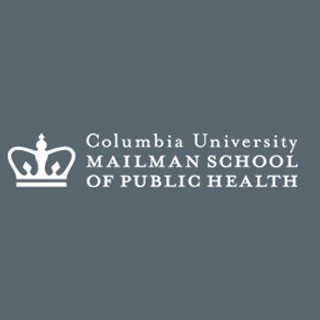The Program on Forced Migration and Health is committed to professionalizing the field of humanitarian response. Natural and manmade catastrophes are among the greatest challenges to ensuring the health of populations. Tsunamis, hurricanes, and tornadoes have displaced millions in recent years. Armed conflicts continue to destroy communities, wreaking havoc on food, sanitation, and supply chains, and propelling survivors into fragile refugee camps. Increasingly, displaced persons are being forced into already overcrowded urban areas.
The Program on Forced Migration and Health provides high-quality courses on a variety of topics with emphasis on low-resource and conflict settings. In designing courses, our faculty draw on their past and current experiences working on programs throughout the world. Please find in the pages below more information on our course offerings, programs in which our faculty are involved, and other updates or related information.
Modules
Columbia University's Mailman School of Public Health: Program on Forced Migration and Public Health offers a variety of free, online course modules for health workers to use in the field.
Water & Sanitation
Providing food, water and a place to defecate safely have been the building blocks of humanitarian services in emergencies. Recently, incredible evolutions have occurred in the fields of water, sanitation, nutrition and environmental health. In order to understand how these areas interact, we must have a firm grasp on the basic logic behind water and sanitation interventions. It is likely that in the next crisis in which you work, diarrhea will be one of the top two killers of children. By engaging with this course material and obtaining a deep understanding of the basic provisions of water and sanitation, you and your work can help prevent those deaths and help people in crises remain healthy.
More info here
Maternal Health
Maternal and reproductive healthcare are essential components of health care services. Yet during wars and natural disasters, access to these services often decreases while need increases, putting many of the worlds’ women and children at risk.
As will be discussed in the following videos, reproductive healthcare is inclusive of prenatal and neonatal health, family planning and abortion services, treatment of STIs including HIV and prevention and treatment of gender-based violence. Without services that address these complex scenarios, displaced women and their newborn babies die needlessly. Yet when we do directly address the reproductive needs of women in emergencies we dramatically improve the health of women and their children throughout the world. Join this PFMH module to discuss how to expand and improve one of the most essential service components of humanitarian response and of healthcare worldwide.

